General Tips to Prepare Your Devices
Setup Multi-Factor Authentication
Whenever possible, set up multi-factor authentication (MFA). This will create an extra layer of security to protect your online accounts. Most tax preparation services will offer MFA as well as most email services.
Do Updates
Before beginning your filing process, make sure that all internet-connected devices (computers, tablets, phones, etc.) are running on the latest versions of software. This will improve the security of your devices.
Don’t Use Public Wi-Fi
Anytime you’re doing anything where you need to enter personal information online, you should make sure you are on a secure and personal network. This means if you’re filing online, you should NOT do it over public Wi-Fi. Public networks are not secure.
Is Someone/Something Requesting Your Sensitive Info?
Before providing sensitive information, think about who is making the request and why they are requesting that you provide the information. It is relatively common for scammers to impersonate the IRS or other government agency. Because of this, you’ll need to be careful to whom you give that information.
How to Spot Real/Fake Communications
You should always be skeptical of phone calls, emails or texts that claim to be from the IRS or other government agencies. Almost all communication with the IRS will be initiated via the U.S. Postal Service. The IRS will only call once they have established communication through the mail first.
*The IRS will never demand payment you make payment to a source other than the U.S. Treasury.*
Sometimes callers will make convincing claims that they are federal employees and even provide you with a fake name and/or phony ID numbers. If you are ever unsure that a caller is legitimate, then you should hang up, look up the direct line, and call back on the number you found to verify.
Working with Tax Preparers
Make sure you choose a tax preparer that takes security seriously. Ask what steps they take to protect your information and how you will go about sharing information with one another. Here are a few examples of what to ask:
- How will we exchange files and sensitive information?
- Who at your firm has access to my data?
- Are our communications end-to-end encrypted?
- What types of network security have you implemented?
- How do you back up client data?
Set Up an Identity Protection PIN (IP PIN)
An Identity Protection PIN (IP PIN) is a six-digit number that is known by only you and the IRS and helps verify your identity when you file for your electronic or paper tax return. This helps prevent someone else from filing a tax return using your Social Security Number.
